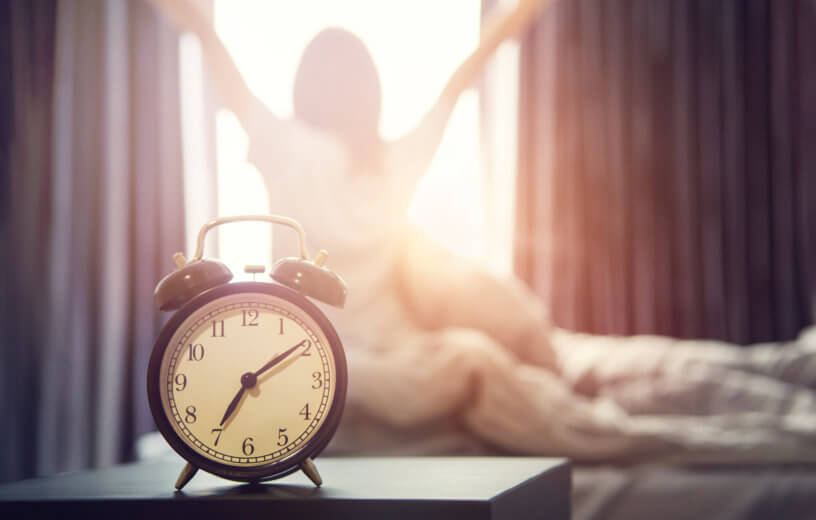ANN ARBOR, Mich. — “Springing ahead” annually robs people of an hour of sleep. While Daylight Saving Time is something you can prepare for, researchers from the University of Michigan say your DNA plays a big role in how changing the clock affects you. Their study finds moving the clocks ahead each spring negatively impacts “night owls” more than others. With that in mind, they believe it’s time to leave the clocks where they are all year long.
Study authors discovered that genetic profiles which make people more likely to be “early birds” adjust to springing ahead in just a few days. “Night owls,” on the other hand, appear to need more than a week to reset their sleep schedules.
Researchers tracked 831 doctors in the first year of their post-medical school training during the spring of 2019. All the participants were first-year residents (interns) taking part in the Intern Health Study based at the Michigan Neuroscience Institute.
Using the UK Biobank dataset, the team also calculated the “chronotype” predisposition of people, also called their Objective Sleep Midpoint polygenic score. Simply put, this score reveals whether someone’s genes make them more likely to be early risers or late night revelers.
Another reason to end annual clock changes?
With those scores in hand, the team looked at two distinct groups containing 130 physicians in each. One group had the lowest genomic scores, making them more likely to be early birds. The other had high sleep midpoint scores, skewing them more towards being night owls. Study authors then examined each group’s sleep patterns from the week before DST to the week after.
Results show the time these individuals went to sleep on nights before workdays varied significantly between the two groups. Springing ahead also greatly affected sleep and wake up times on the weekends as well. While early birds adjusted to the changes by Tuesday, night owls continued to struggle with the time change until the following Saturday.
One area that did not see a major change was workday wake up times. However, researchers say this is likely because medical interns must keep a strict schedule during this period of their training. Due to the stress and demanding schedules they keep, researchers note this is one of the reasons the team chose young doctors to study. Their findings provide new insight into the link between sleep patterns and mental health, mood, stress, and genetics.
“It’s already known that DST has effects on rates of heart attacks, motor vehicle accidents, and other incidents, but what we know about these impacts mostly comes from looking for associations in large data pools after the fact,” says neuroscientist and geneticist Margit Burmeister, Ph.D., in a university release.
“These data from direct monitoring and genetic testing allows us to directly see the effect, and to see the differences between people with different circadian rhythm tendencies that are influenced by both genes and environment. To put it plainly, DST makes everything worse for no good reason.”
Burmeister adds the study provides another reason the government should abolish the practice of Daylight Saving Time.
‘Falling back’ doesn’t affect people the same way
The study also reveals that gaining an extra hour of sleep in the fall does not appear to impact human sleep cycles. Researchers did not see any noticeable differences in the way early birds and night owls react to “falling back.”
Study authors note their findings have major implications not just for doctors, but for anyone working untraditional shifts. People who regularly change time zones and those who are deciding which job to take can also benefit from the sleep study.
“This study is a demonstration of how much we vary in our response to even relatively minor challenges to our daily routines, like DST,” co-author Srijan Sen, M.D., Ph.D. concludes. “Discovering the mechanisms underlying this variation can help us understand our individual strengths and vulnerabilities better.”
The findings appear in the journal Scientific Reports.
